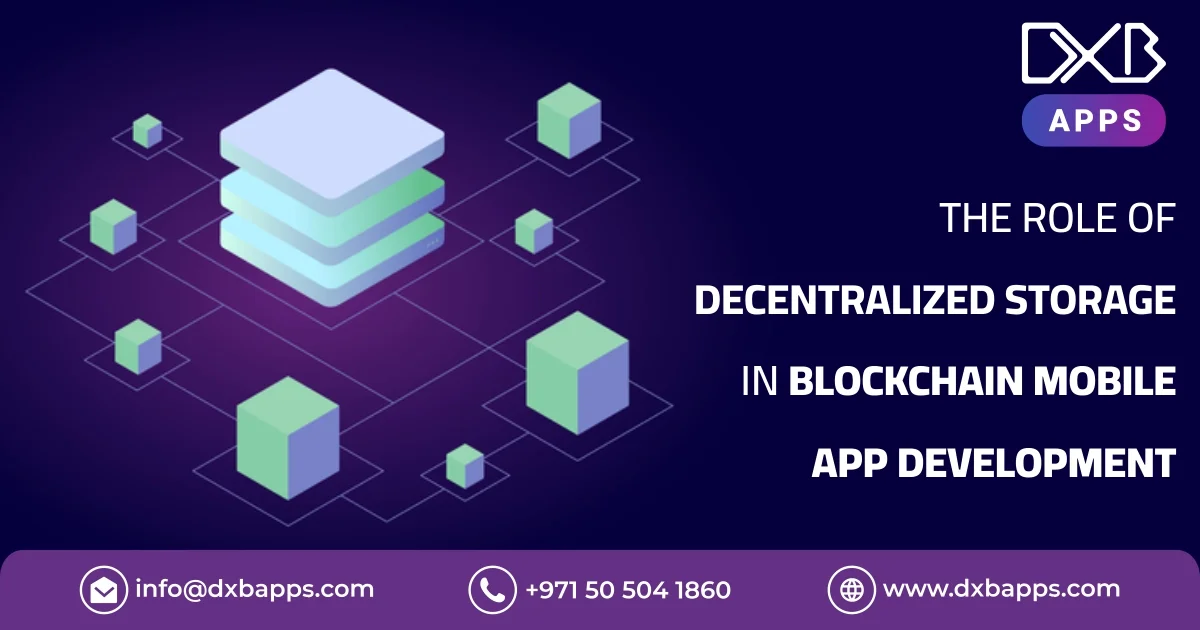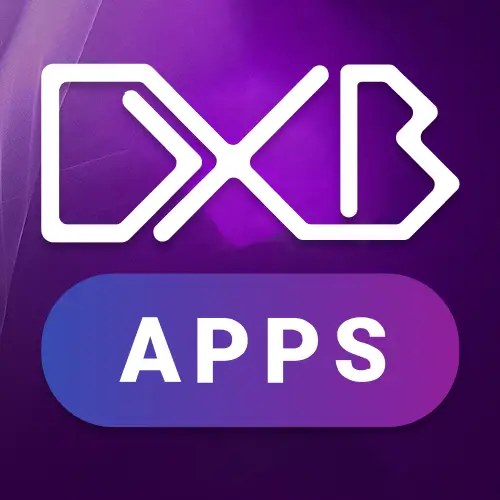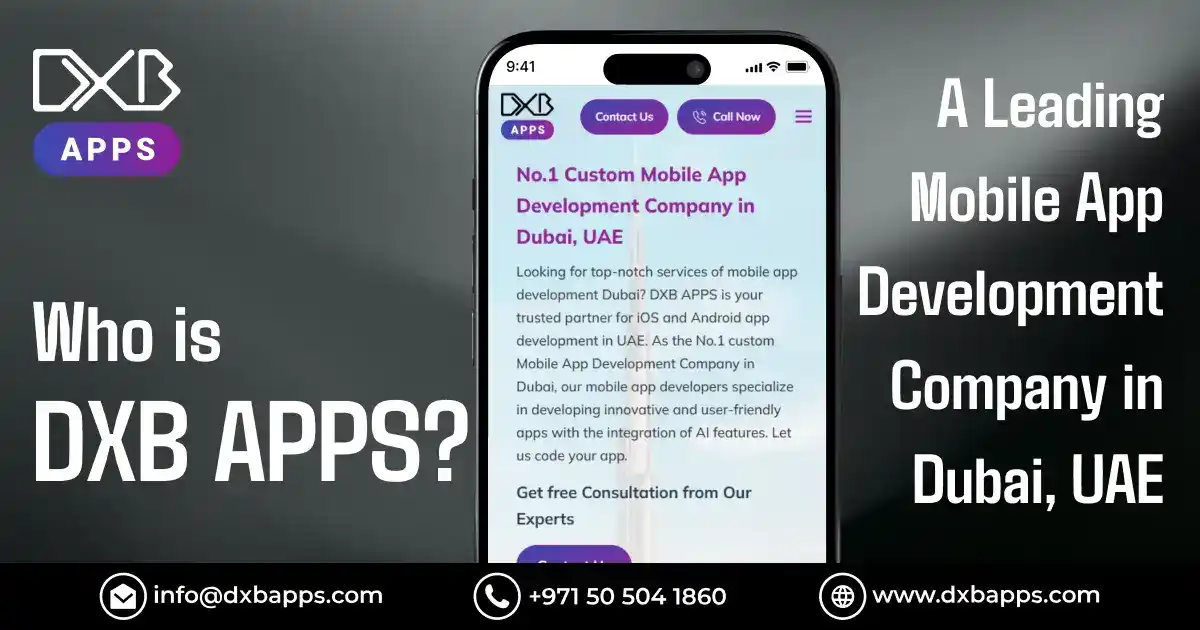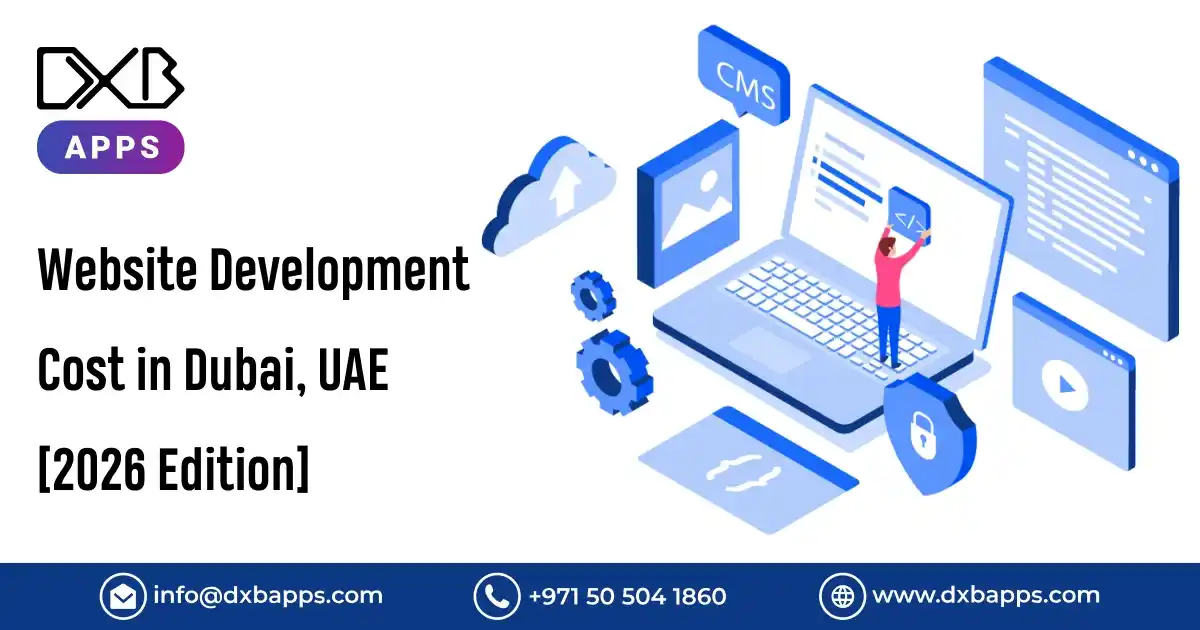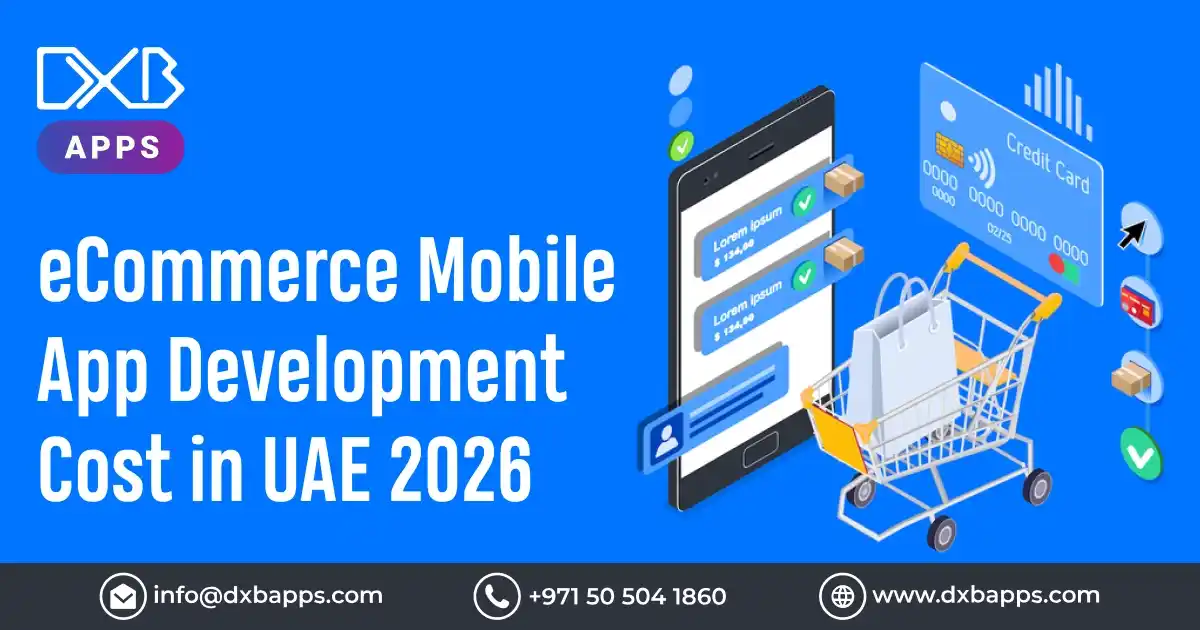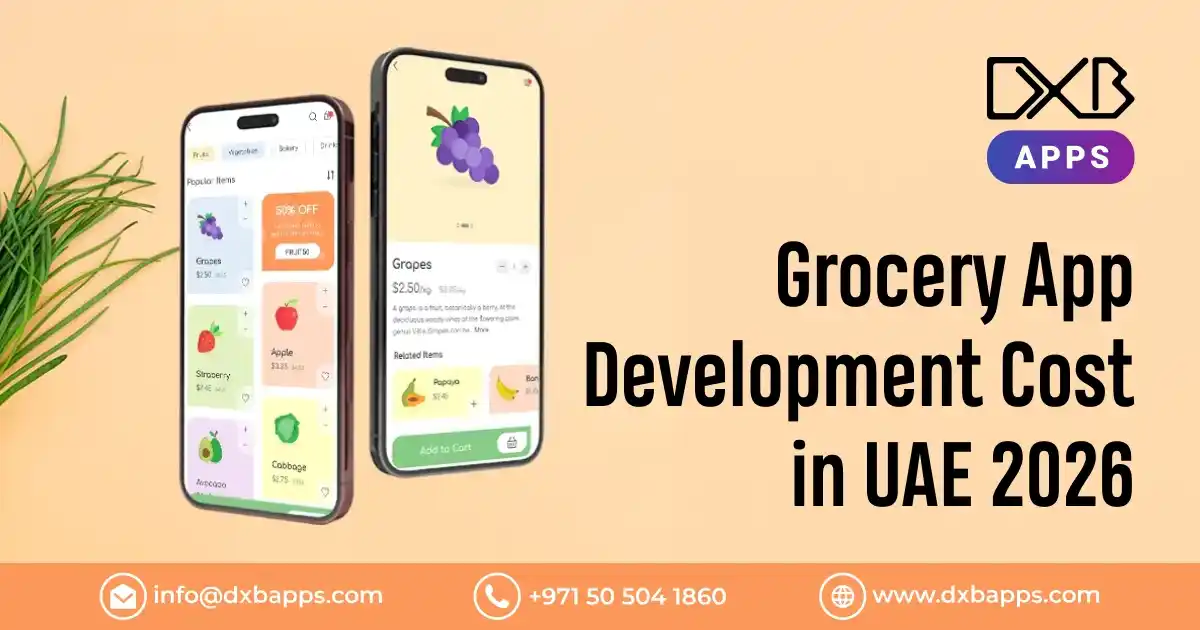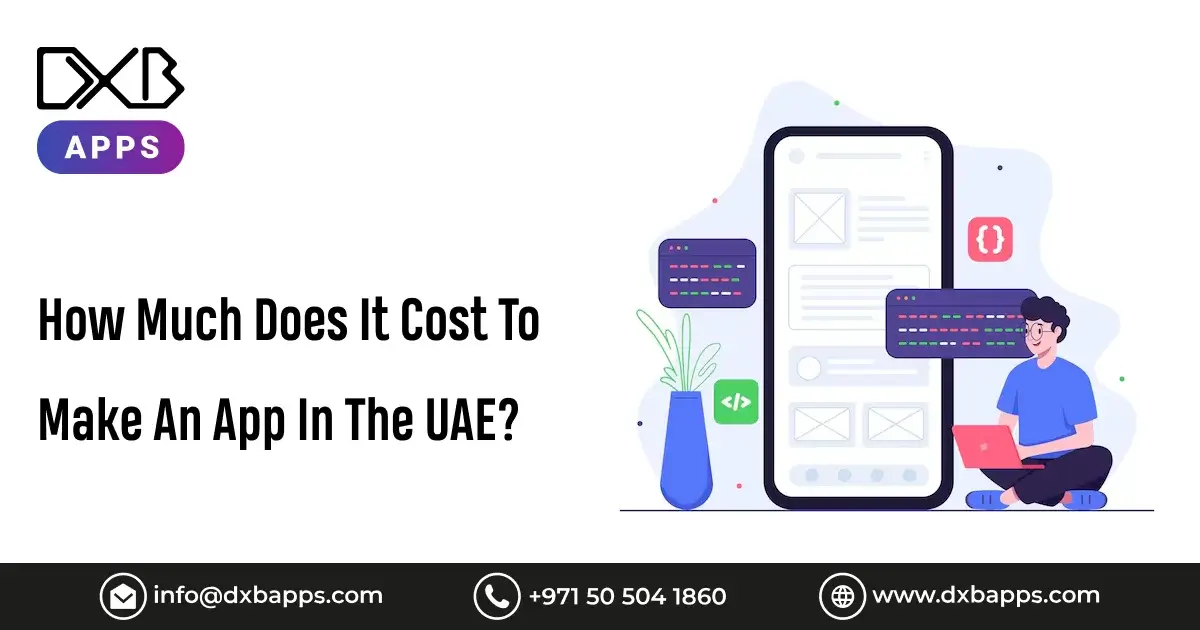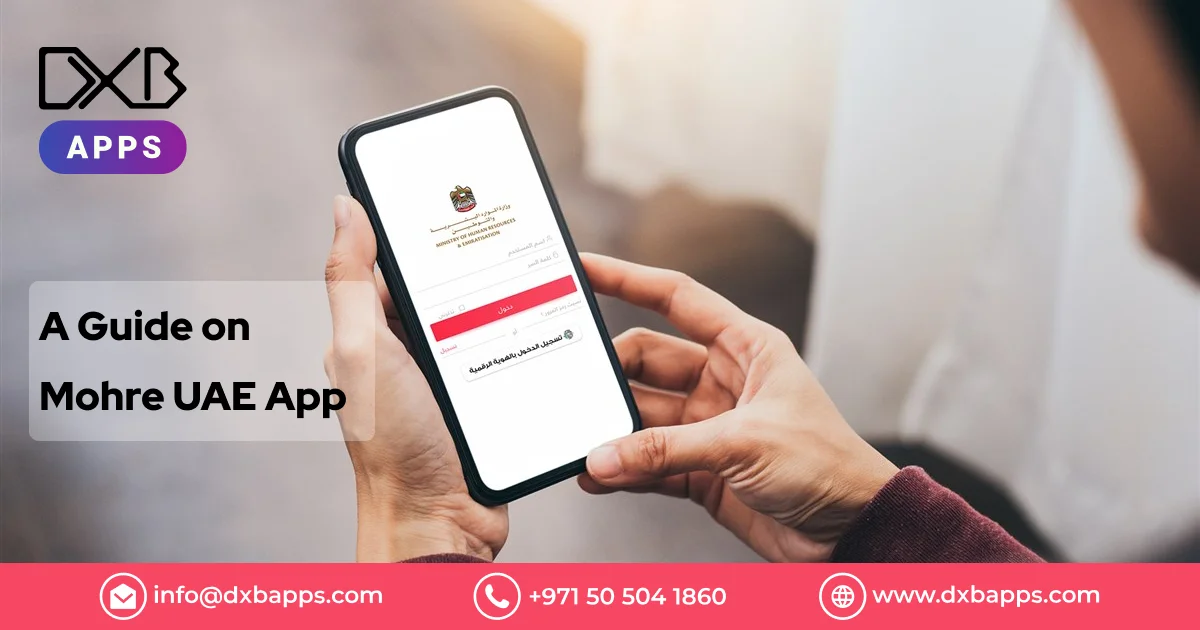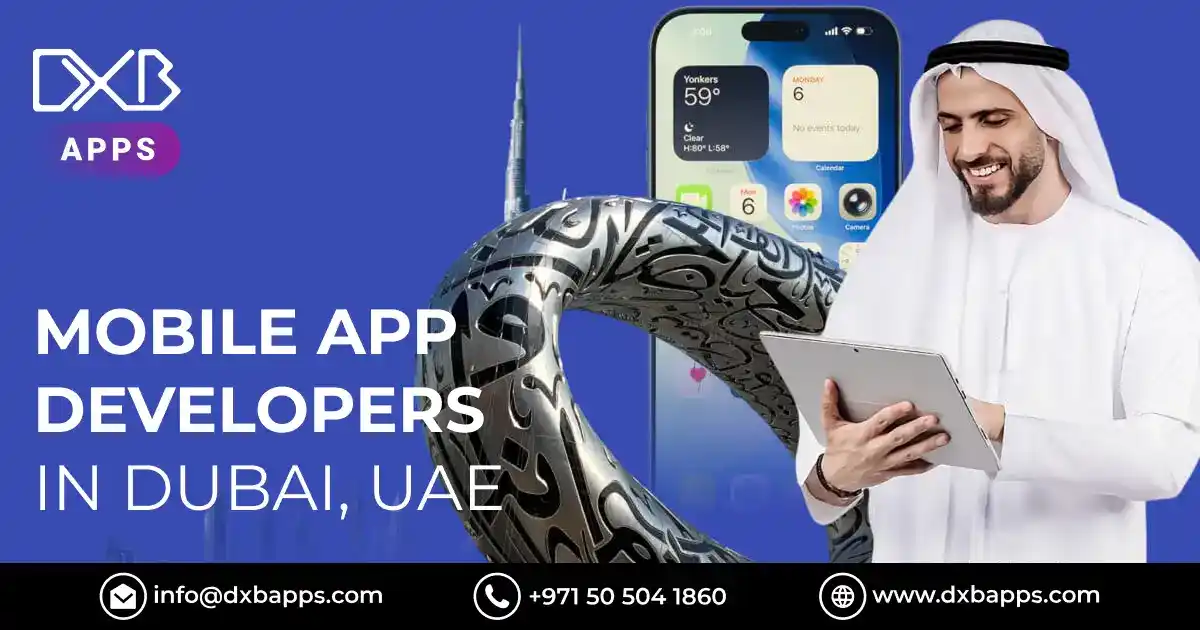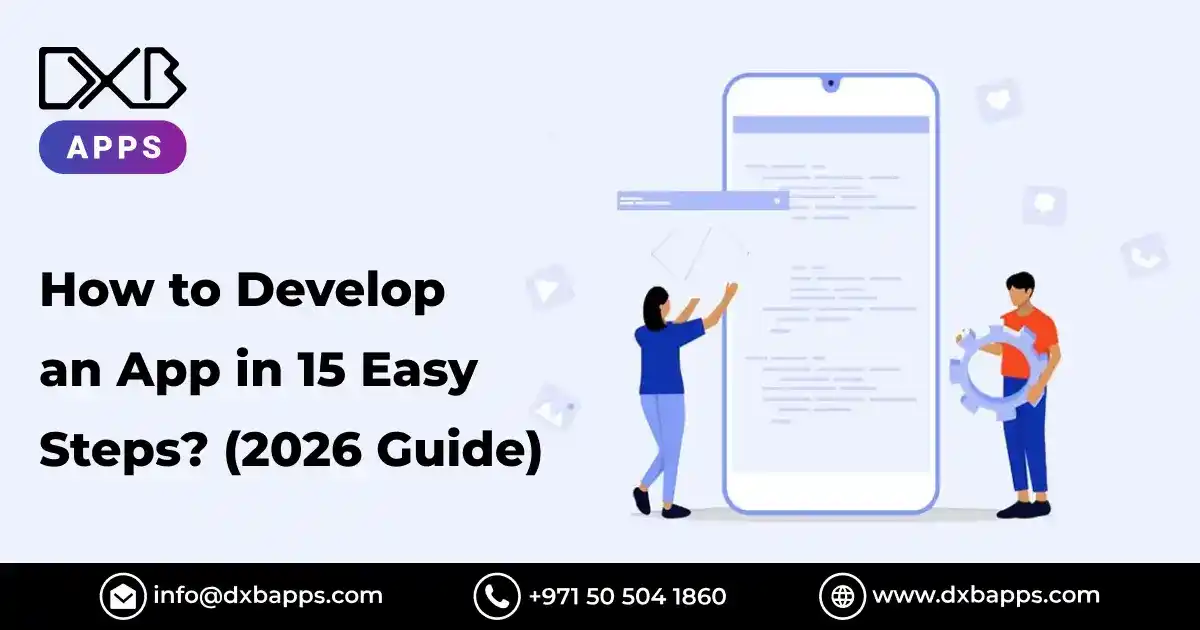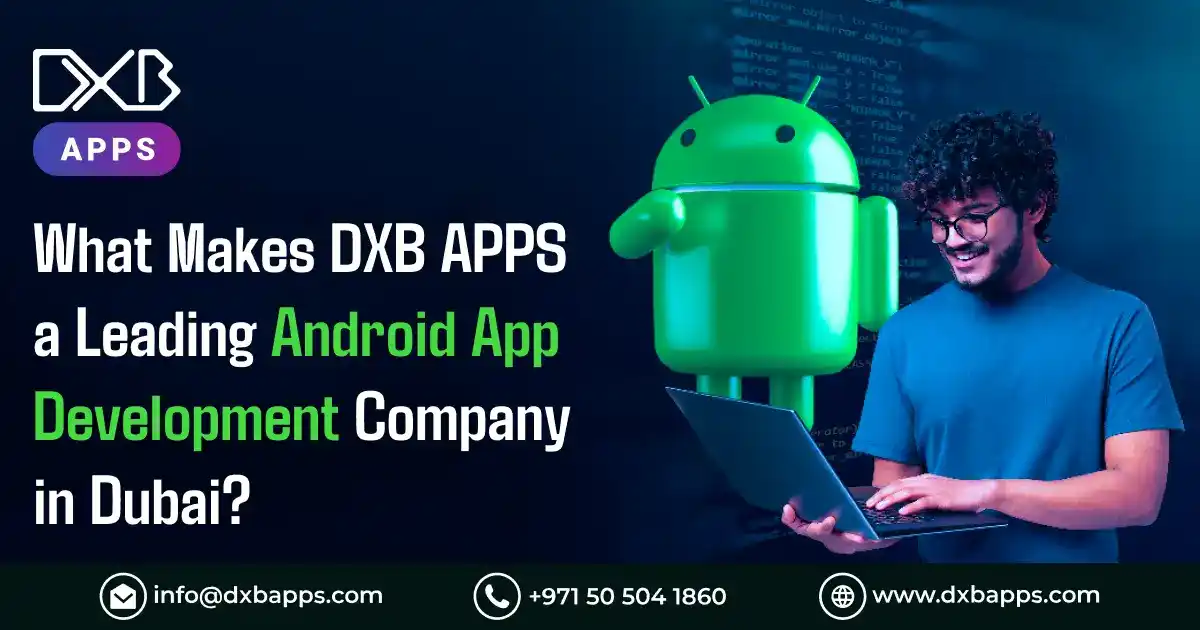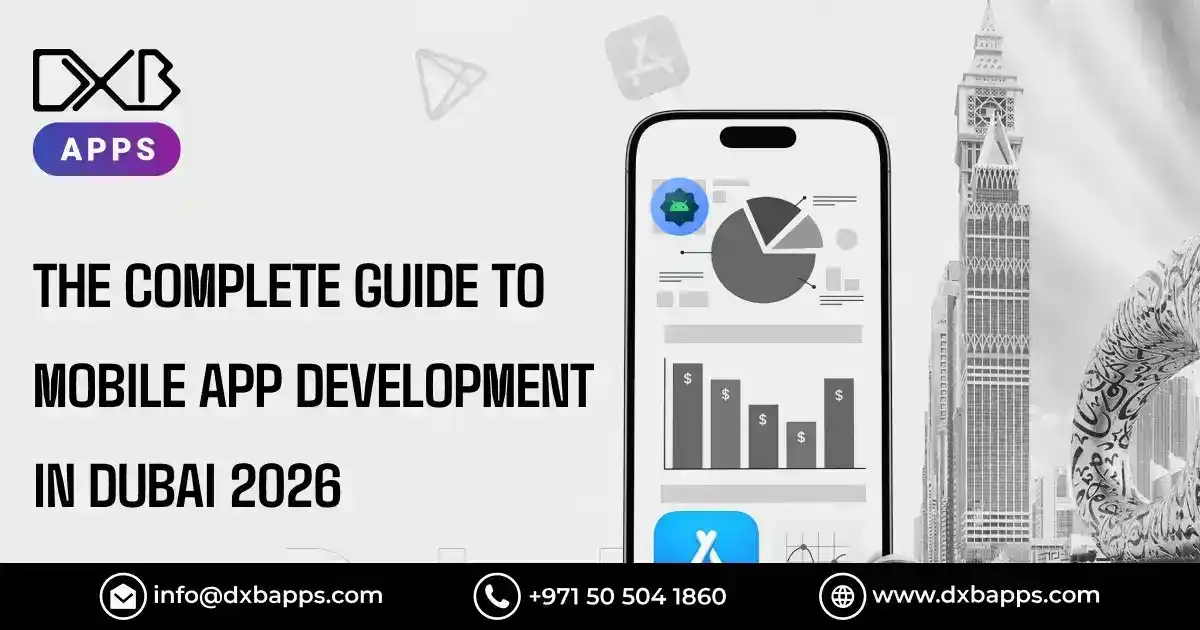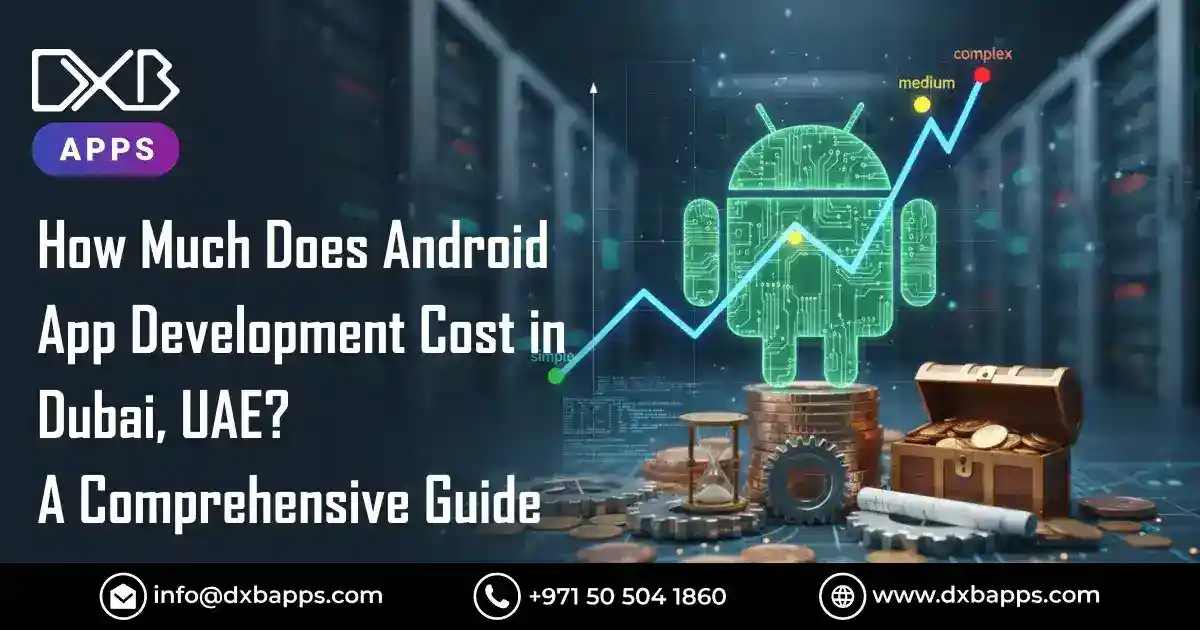1. Introduction
In today's digital landscape, mobile apps have become an integral part of our lives. From e-commerce and healthcare to tourism and real estate, businesses in Dubai are increasingly leveraging mobile app development to enhance customer engagement and streamline operations. To take mobile app development to the next level, integrating blockchain technology and decentralized storage offers numerous benefits, including enhanced security, data integrity, and scalability.2. Understanding Blockchain Mobile App Development
2.1 The Growing Importance of Mobile Apps
Mobile apps have transformed the way we interact with businesses and consume services. With the increasing popularity of smartphones and tablets, mobile apps provide a convenient platform for users to access information, make purchases, and engage with brands.2.2 Blockchain Technology Revolution
Blockchain technology, known for its decentralized and immutable nature, has disrupted various industries. Originally designed to support cryptocurrencies like Bitcoin, blockchain's potential goes beyond financial transactions. Its distributed ledger system ensures transparency, security, and trust among participants.2.3 Integration of Blockchain and Mobile App Development
By integrating blockchain technology into mobile app development, businesses can unlock a new realm of possibilities. Blockchain provides a decentralized infrastructure for secure transactions, data storage, and smart contract execution. When combined with mobile apps, it opens doors to innovative solutions and enhanced user experiences.3. The Need for Decentralized Storage
3.1 Centralized vs. Decentralized Storage
Traditional mobile apps often rely on centralized servers to store and manage user data. While this approach offers convenience, it also presents several limitations, including a single point of failure, vulnerability to hacking, and data breaches. On the other hand, decentralized storage, enabled by blockchain technology, distributes data across a network of nodes, ensuring redundancy and eliminating the risk of data loss.3.2 Security and Data Integrity
Decentralized storage enhances security and data integrity in blockchain mobile app development. By eliminating the reliance on a single server, it becomes incredibly difficult for malicious actors to compromise or manipulate data. Each piece of information is encrypted and distributed across multiple nodes, making it highly resistant to unauthorized access.3.3 Scalability and Performance
Traditional centralized storage solutions often face scalability challenges as user bases grow. Decentralized storage, however, overcomes this limitation by leveraging a network of nodes. As the number of users and data increases, the system can scale effortlessly without compromising performance. This scalability is particularly crucial for mobile apps with a rapidly expanding user base.4. Advantages of Decentralized Storage in Blockchain Mobile App Development
4.1 Enhanced Security and Privacy
Decentralized storage ensures a higher level of security and privacy compared to centralized storage solutions. With data distributed across multiple nodes, the risk of unauthorized access or data breaches is significantly reduced. Users can have greater confidence in the integrity and confidentiality of their personal information.4.2 Elimination of Single Point of Failure
Centralized storage systems have a single point of failure, such as a server or data center. If this central point experiences a technical issue or gets compromised, the entire system may suffer downtime, data loss, or interruptions in service. Decentralized storage eliminates this vulnerability by distributing data across multiple nodes, ensuring high availability and fault tolerance.4.3 Improved Data Accessibility and Availability
Decentralized storage allows mobile app developers to enhance data accessibility and availability. With data distributed across a network, users can access their information from any node within the system, regardless of geographical location. This feature is especially beneficial for global businesses catering to a diverse user base.4.4 Cost Reduction and Efficiency
Decentralized storage offers cost reduction benefits for mobile app development. By eliminating the need for expensive centralized servers, businesses can significantly reduce infrastructure costs. Moreover, decentralized storage can improve overall efficiency by eliminating intermediaries and streamlining data access and sharing processes.5. Use Cases of Decentralized Storage in Blockchain Mobile App Development
5.1 Real Estate Industry
Decentralized storage can revolutionize the real estate industry by providing a secure and transparent platform for property transactions, ownership records, and smart contracts. It enables users to access property information, verify ownership, and execute transactions in a trustless environment.5.2 Tourism and Hospitality Sector
Blockchain mobile apps leveraging decentralized storage can enhance the tourism and hospitality sector. They can offer secure bookings, transparent reviews, and personalized travel experiences, all while safeguarding user data and ensuring privacy.5.3 Healthcare Applications
Decentralized storage in healthcare mobile apps can securely store and share sensitive patient data while maintaining data integrity. It enables interoperability between healthcare providers, improves data accessibility for patients, and ensures the privacy and security of medical records.5.4 Retail and E-commerce Solutions
By integrating decentralized storage, retail and e-commerce mobile apps can provide secure and transparent supply chain management, authentic product verification, and fair customer reviews. It enhances customer trust, eliminates counterfeit products, and fosters a seamless shopping experience.6. Incorporating AR/VR and AI with Blockchain Storage
6.1 Augmented Reality and Virtual Reality Integration
Combining decentralized storage with AR/VR technology opens up new possibilities for immersive and interactive mobile app experiences. From virtual try-ons in the fashion industry to virtual tours in real estate, blockchain-backed AR/VR solutions enhance user engagement and drive customer satisfaction.6.2 AI-powered Mobile Apps Backed by Blockchain
The integration of AI and blockchain technology with decentralized storage empowers mobile apps with intelligent capabilities. AI algorithms can analyze vast amounts of data securely stored in a decentralized manner, enabling personalized recommendations, predictive analytics, and process automation.7. Smart Contract Development and DApps
7.1 Smart Contracts and Their Benefits
Smart contracts are self-executing contracts with predefined conditions written into code. They automate processes, eliminate intermediaries, and ensure transparency. By leveraging decentralized storage, smart contracts can securely store and retrieve data required for their execution.7.2 Decentralized Applications (DApps)
DApps are decentralized applications that operate on blockchain networks. They utilize smart contracts and decentralized storage to offer transparent and tamper-proof solutions. DApps can revolutionize various industries, such as finance, supply chain, and governance.7.3 Combining Smart Contracts, DApps, and Decentralized Storage
The combination of smart contracts, DApps, and decentralized storage provides a powerful framework for secure, transparent, and efficient mobile app solutions. It enables the development of decentralized marketplaces, decentralized finance (DeFi) applications, and much more.
8. The Dubai Marketplace and Mobile App Development
8.1 The Thriving Dubai Mobile App Industry
Dubai's mobile app industry is witnessing tremendous growth, driven by a tech-savvy population and a thriving business ecosystem. The city's strategic location, advanced infrastructure, and supportive government policies make it an ideal hub for mobile app development companies like DXB Apps.8.2 Opportunities for Blockchain Mobile Apps
With Dubai's vision to become a global leader in blockchain technology, there are immense opportunities for blockchain mobile apps in various sectors. By leveraging the power of decentralized storage and incorporating location-specific features, DXB Apps can develop tailored mobile app solutions that cater to the unique needs of the Dubai marketplace.9. Conclusion
Decentralized storage plays a vital role in revolutionizing blockchain mobile app development. By enhancing security, scalability, and data integrity, it empowers businesses to create innovative solutions that meet the evolving needs of users. DXB Apps, as a leading mobile app development company in Dubai, combines the power of blockchain technology, decentralized storage, AR/VR, and AI to deliver cutting-edge mobile app solutions that transform industries.FAQs
Q1: What makes decentralized storage important for mobile app development?
Decentralized storage ensures enhanced security, data integrity, and scalability for mobile apps. It eliminates the risk of single points of failure and provides a resilient infrastructure for storing and managing user data securely.Q2: How does decentralized storage benefit the real estate industry?
Decentralized storage in real estate mobile apps facilitates secure property transactions, ownership records, and smart contracts. It enables users to access property information and execute transactions in a transparent and trustless environment.Q3: Can decentralized storage improve data accessibility in healthcare applications?
Yes, decentralized storage enhances data accessibility in healthcare mobile apps. It enables secure sharing and storage of sensitive patient data while maintaining privacy and interoperability between healthcare providers.Q4: What opportunities does the Dubai marketplace offer for blockchain mobile apps?
Dubai's dynamic business environment and government support for blockchain technology create vast opportunities for blockchain mobile apps. Businesses can leverage decentralized storage and location-specific features to develop tailored solutions for the Dubai marketplace.
